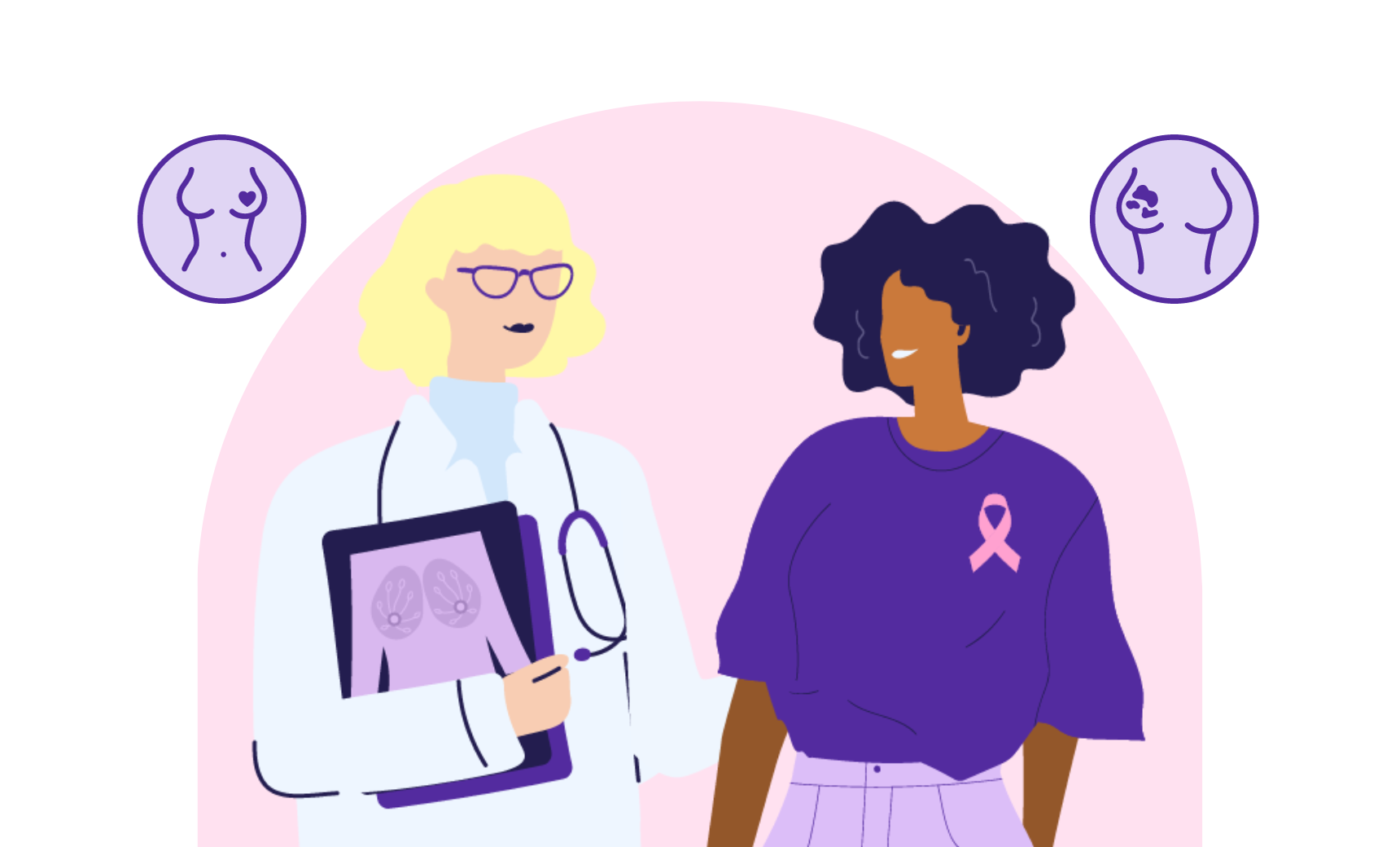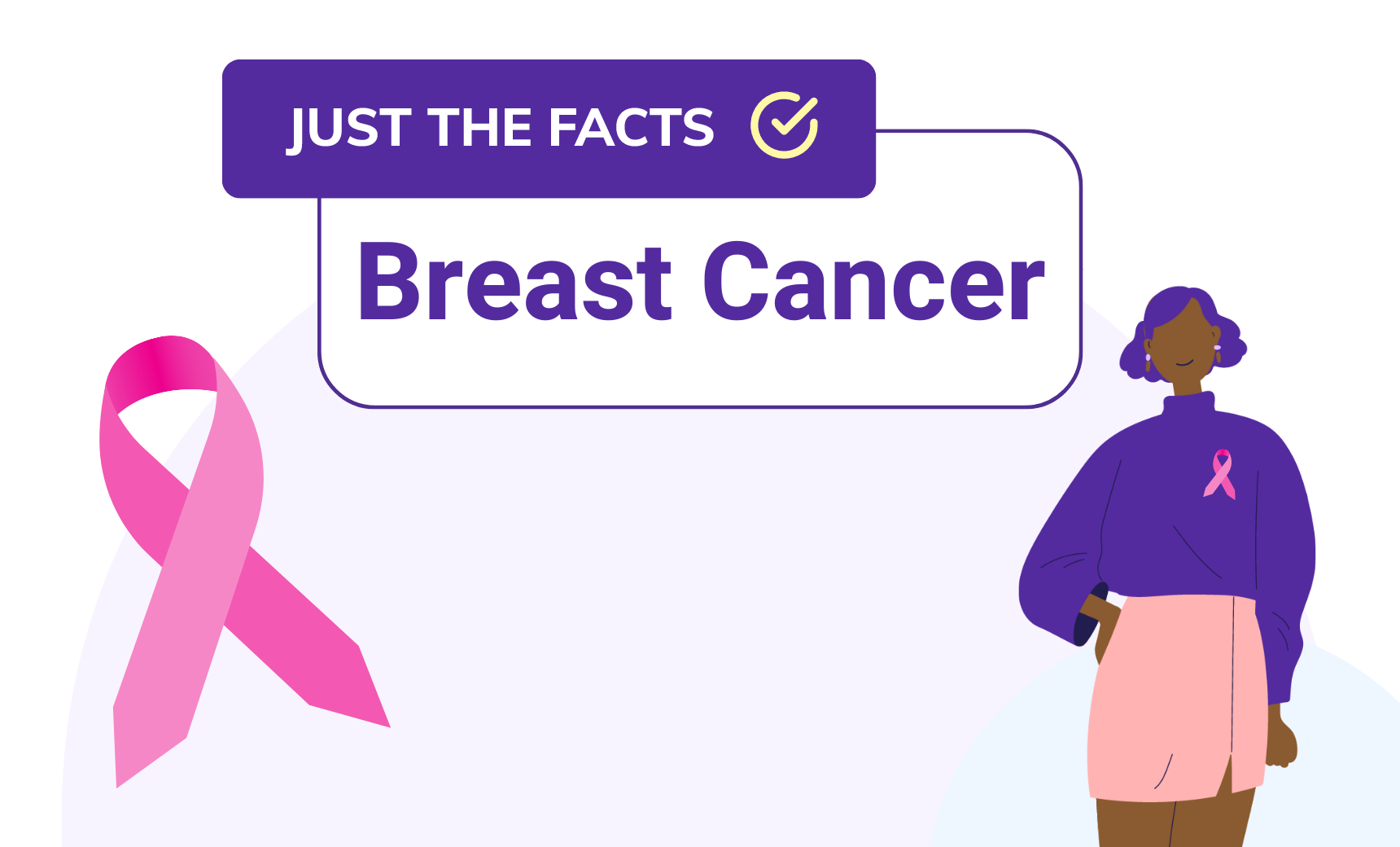
Best Practices To Self-Quarantine If You Have COVID-19
It is forgivable to be fearful of COVID-19 considering medical experts are learning about it every day. If you, or a loved one, fell victim to COVID-19, here are the best practices to self-quarantine and to manage your health at home according to the CDC guidelines.
The first thing anyone should do, if positive confirmation of COVID-19, is to remain at home. Avoid traveling to work, school, and away from public places. If leaving home is a must, only do so unless necessary. Avoid using any public transportation, ridesharing, or taxis of any kind.
Monitoring symptoms and vital signs regularly are significant preventative measures—activities such as temperature taking. If there is a fever over 100 degrees is something to be cautioned. A Pulse Oximeter is a device that goes on the tip of the finger to monitor oxygen saturation that can help as well. Normal oxygen saturation is around 95%; if it drops below 90%, that is also something to be cautioned about as well. If symptoms worsen, call your healthcare provider immediately.
Getting plenty of rest and staying hydrated with fluids is the best way to keep healthy in viral illness. Maintaining adequate hydration reduces the stress on the heart’s pumping ability to deliver oxygenated blood to vital organs. Sleep is one of the best remedies to combat a viral illness as well.
If you have a doctor’s appointment, notify the healthcare provider in advance, and explain your COVID-19 status. Healthcare workers are on the frontlines combatting this virus, and PPE has become limited. Resource allocation must be conducted accordingly, and everyone, including the patient, plays a vital role in its distribution.
In the event of medical emergencies, call 911 and notify the dispatch personnel that you may or may not have COVID-19. For the same reasons stated above, first responders need to be aware of the risks before answering calls so they can limit viral transmission.
Cover your cough and sneezes. COVID-19 is an airborne virus that transmits via respiratory droplets. Covering your mouth can help limit transmission and infection rates. It is everybody’s responsibility to maintain solidarity in order for us to overcome these trying times.
Wash your hands often with soap and water for at least 20 seconds or clean your hands with an alcohol-based hand sanitizer that contains at least 60% alcohol. Yes, this is a routine that can be said enough. People tend to forget but we should not take this virus lightly. It is not a weekend blizzard that life will return back to normal. Understandably, people are frustrated with the quarantine, but the message on handwashing needs to be echoed. Washing your hands can prevent the spread of viral transmission. It is a habit that one cannot overdo. It is encouraged to do so.
Try to stay in one designated room with a separate bathroom in your home if it is possible. Try to steer clear from other people in your home as well. Wear a facemask to prevent respiratory droplets from spreading if you must encounter people in close quarters.
Avoid sharing personal items with other people in your household, such as utensils, dishes, towels, and bedding. Fomites are respiratory droplets that adhere to non-host surfaces. Again, it boils down to preventing transmission as much as possible. Avoiding sharing items that can potentially interact with mucous epithelial membranes can help decrease the spread of viral transmission.
Lastly, clean and disinfect all surfaces that are often touched, such as counters, tabletops, doorknobs, and electronic devices. Surfaces are a host of pathogens ranging from bacteria and viruses. Disinfecting said surfaces can help reduce viral transmission by being conscious of unconscious habits.
If you develop emergency warning signs for COVID-19, get medical attention immediately. Emergency warning signs include:
- Trouble breathing
- Persistent pain or pressure in the chest
- New confusion or inability to arouse
- Bluish lips or face




Andy Alem
The LabFinder Editorial Team is behind The Illuminator and The Insider, LabFinder’s consumer and business blogs.
Dr.Robert Segal
Dr. Segal is CEO and co-founder of LabFinder, as well as a board-certified cardiologist. He began practicing medicine in 2002 and has founded several businesses, including Medical Offices of Manhattan and Manhattan Cardiology.